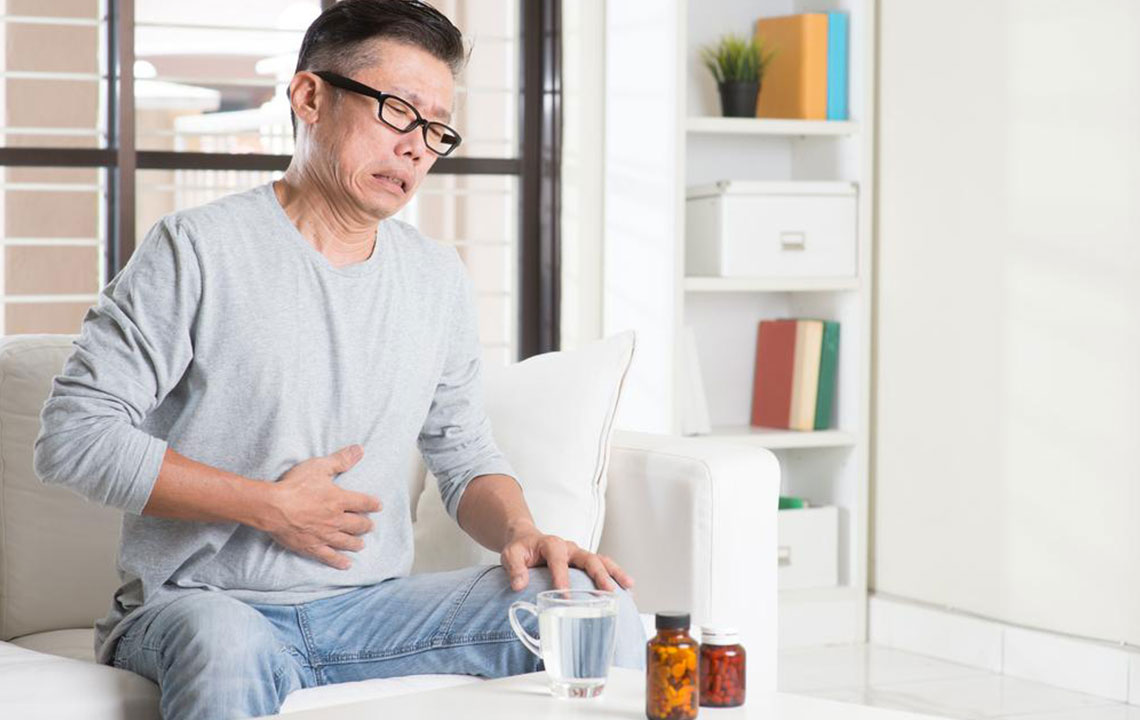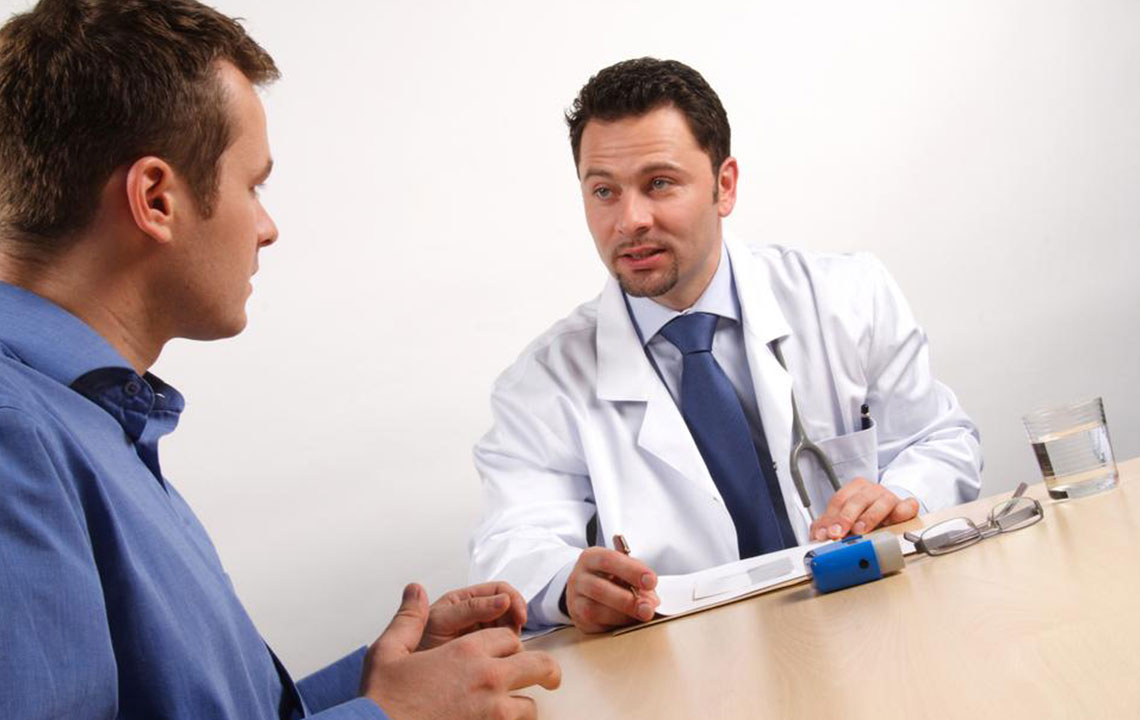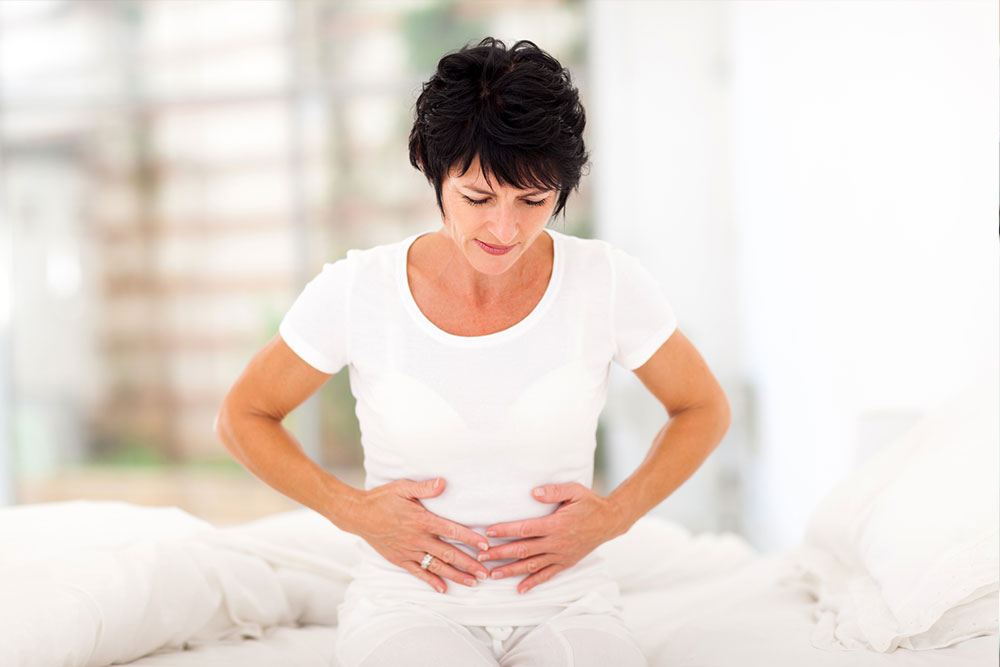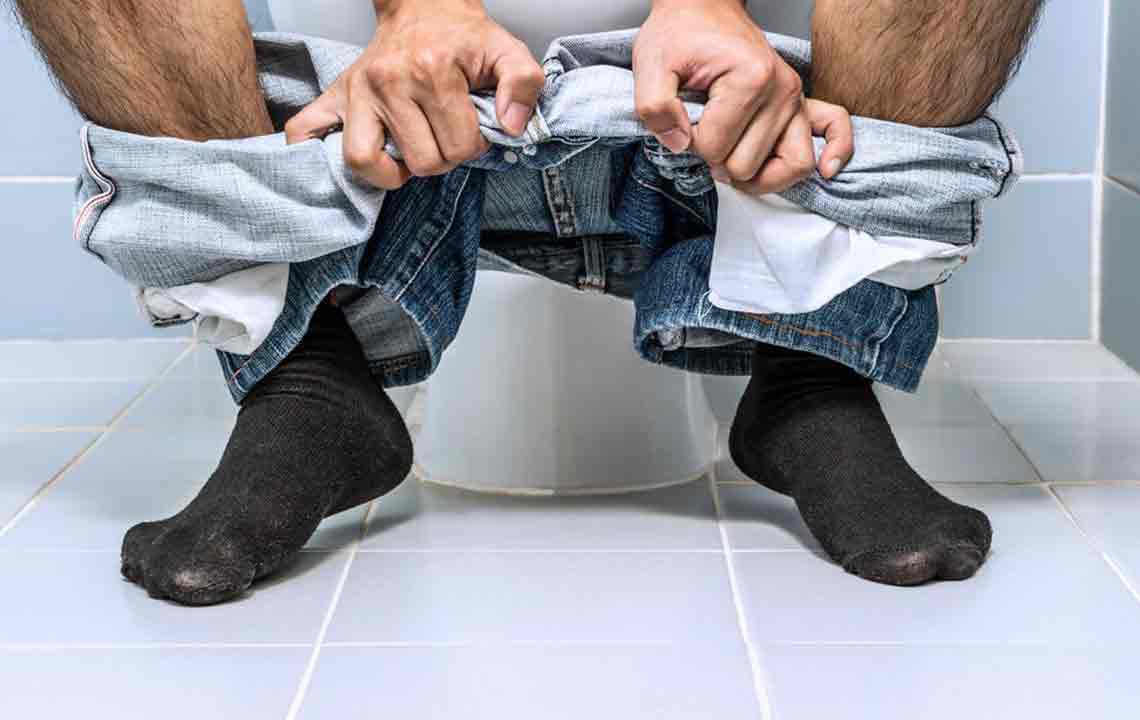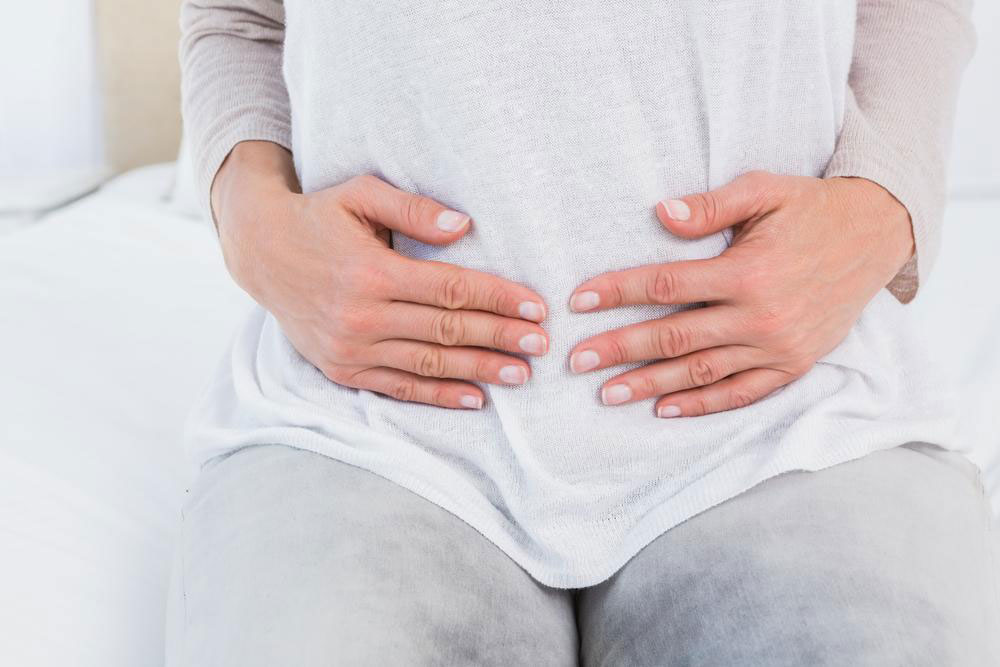Comprehensive Guide to Relieving Hemorrhoid Pain and Discomfort
This comprehensive guide explores effective strategies to relieve hemorrhoid discomfort, including home remedies, dietary tips, medical treatments, and prevention. It emphasizes a holistic approach combining lifestyle modifications and medical interventions to manage symptoms effectively. Suitable for those suffering from hemorrhoids seeking long-term relief, this article provides practical advice for reducing pain, swelling, and recurrence, helping individuals improve their quality of life and bowel health.
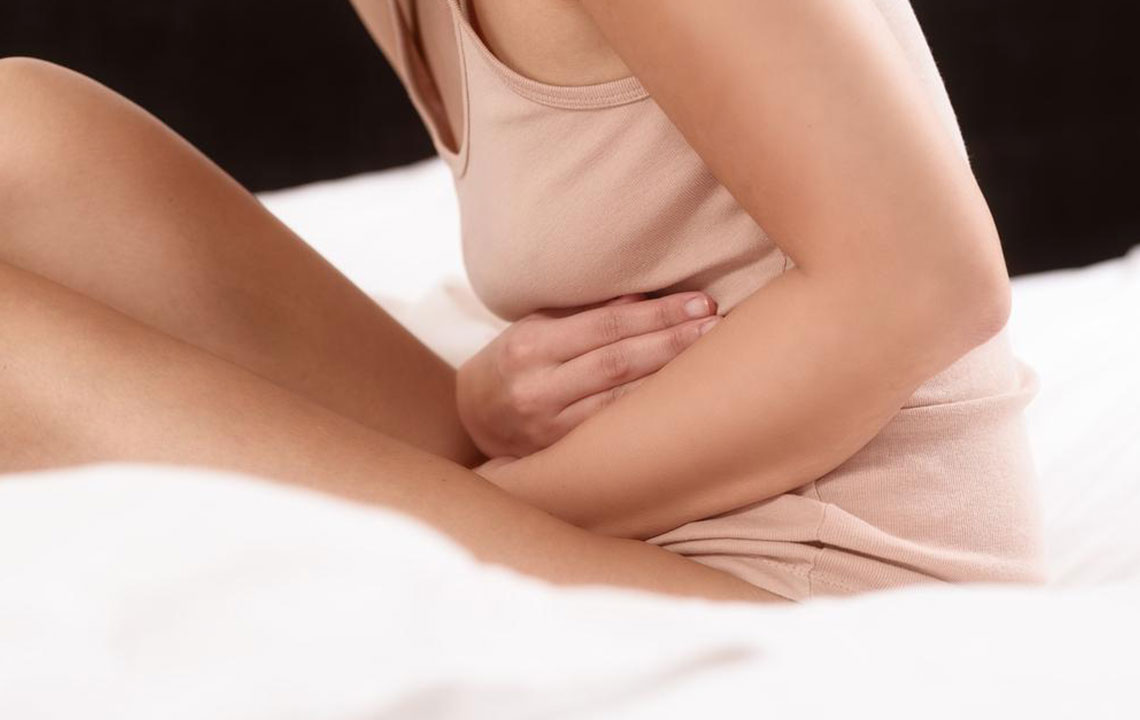
Comprehensive Strategies for Alleviating Hemorrhoid Discomfort
Hemorrhoids, commonly known as piles, are swollen veins that develop in the lower part of the rectum or around the anus. These painful and sometimes embarrassing conditions affect a large portion of the population at some point in their lives. Hemorrhoids can be caused by various factors, including excessive straining during bowel movements, chronic constipation, prolonged sitting, and pregnancy-related pressure. Essentially, they occur when the veins in the anus or lower rectum become inflamed, swollen, and distended, leading to discomfort, itching, and bleeding. There are primarily two types: internal hemorrhoids that develop inside the rectal canal and external hemorrhoids situated around the anal opening. Both types can cause significant discomfort, especially during bowel movements or prolonged sitting. Understanding effective management strategies is crucial for relief and prevention of future episodes.
Understanding Hemorrhoids: Causes and Types
Before delving into treatment options, it’s essential to understand what causes hemorrhoids and their different types. Internal hemorrhoids originate within the rectum and are often painless, although they can cause bleeding. External hemorrhoids, on the other hand, develop under the skin around the anus and are usually associated with pain, swelling, and inflammation. Factors that contribute to the development of hemorrhoids include chronic constipation, straining during bowel movements, prolonged sitting or standing, pregnancy, obesity, and a sedentary lifestyle. Straining increases pressure on the veins in the anal region, leading them to swell and become symptomatic.
Effective Home Remedies for Hemorrhoid Relief
Many individuals find relief through simple, at-home treatment methods. These are often effective for mild to moderate symptoms and can be combined with lifestyle modifications to reduce recurrence.
Warm Sitz Baths
One of the most popular and easy remedies is taking warm sitz baths. This involves soaking the anal area in warm water to promote blood flow and relaxation. Fill a basin or bathtub with about three inches of comfortably warm water. Sit in the water for approximately 15 minutes and repeat two to three times daily as needed. This simple practice helps reduce swelling, eases pain, and promotes healing of inflamed tissues. Adding soothing agents like Epsom salts or oatmeal can enhance the healing process, but plain warm water is often sufficient. After soaking, gently pat the area dry to prevent moisture buildup, which could worsen irritation.
Topical Applications and Cold Compresses
Applying topical treatments can significantly diminish hemorrhoid symptoms. Over-the-counter creams containing hydrocortisone can alleviate itching, inflammation, and pain. Witch hazel pads are another popular remedy known for their soothing and anti-inflammatory properties. Applying a cold pack or ice wrapped in a cloth directly to the affected area for 10-15 minutes can effectively reduce swelling and numb pain temporarily. These cold compresses help constrict blood vessels, which relieves discomfort and limits bleeding. For best results, use these remedies frequently throughout the day for continuous relief.
Dietary and Hydration Modifications
Diet plays a critical role in managing hemorrhoids. A high-fiber diet rich in fruits, vegetables, whole grains, nuts, and seeds helps soften stool and promotes more regular bowel movements, reducing straining during defecation. Fiber supplements such as psyllium husk or methylcellulose may be added if dietary intake is insufficient. Adequate hydration is equally vital; drinking at least 7-8 glasses of water daily ensures that stool remains soft and easier to pass. Limiting processed foods, alcohol, and caffeine can prevent dehydration and constipation, both of which exacerbate hemorrhoid symptoms. Avoiding excessive laxative use is essential because overuse can cause diarrhea, which may worsen irritation and inflammation.
Medical Treatments and Procedures for Persistent Hemorrhoids
While home remedies are effective for mild cases, persistent or severe hemorrhoids may require medical intervention. Consulting a healthcare professional is recommended if symptoms do not improve within a week or escalate in severity, including persistent bleeding, significant pain, or prolapse.
Minimally Invasive Procedures
Several minimally invasive treatments are available to shrink or eliminate hemorrhoids:
Rubber Band Ligation: This procedure involves placing tiny elastic bands around the base of the hemorrhoid to cut off blood flow. Within a week, the hemorrhoid shrinks and falls off, with minimal discomfort and quick recovery.
Sclerotherapy: An injection of a sclerosing agent causes the hemorrhoid to shrink by scarring and closing off blood vessels.
Cauterization: Using laser or electric probes, this method burns the hemorrhoid tissue, leading to its shrinkage or closure.
Surgical Procedures for Heavy Cases
For large, persistent, or complicated hemorrhoids, more invasive procedures may be necessary:
Hemorrhoidectomy: The surgical removal of hemorrhoids offers a definitive solution for severe cases. Although effective, it can involve post-op pain, swelling, and a longer recovery period.
Hemorrhoid Stapling (PPH Procedure): This technique involves stapling the hemorrhoidal tissue upward into its normal position, cutting off blood supply, and causing the hemorrhoids to shrink. Recovery tends to be faster and less painful, but rare complications include bleeding or infection.
It's crucial to have a thorough consultation with a healthcare provider to decide the most appropriate treatment plan based on the severity of the condition, overall health, and personal preferences.
Preventive Measures and Lifestyle Changes
Preventing hemorrhoids involves adopting habits that reduce pressure on the anal veins:
Dietary Fiber: Maintain a fiber-rich diet daily to promote regular and soft bowel movements.
Hydration: Drink plenty of water, especially during hot weather or physical activity.
Regular Exercise: Engage in moderate physical activity to improve bowel function and prevent constipation.
Proper Bathroom Habits: Avoid delaying bowel movements, and don't strain during defecation. Use a gentle, natural approach for toileting and consider using a footstool to elevate the feet, aiding easier bowel passage.
Avoid Prolonged Sitting: Take breaks from sitting for extended periods, especially if your job involves desk work or driving.
Conclusion: Managing Hemorrhoid Symptoms Effectively
Dealing with hemorrhoids can be challenging, but with proper treatment and lifestyle modifications, most symptoms can be controlled and prevented. Combining simple at-home remedies with dietary and hydration adjustments provides effective relief for mild cases. For persistent or severe issues, consulting a healthcare professional ensures that appropriate medical procedures are performed, reducing discomfort and preventing complications. Emphasizing preventive measures is essential to avoid recurrence and maintain overall rectal health. Remember, early intervention and healthy habits are the best strategies for managing hemorrhoid symptoms and enhancing quality of life.
